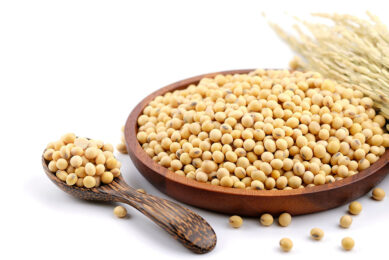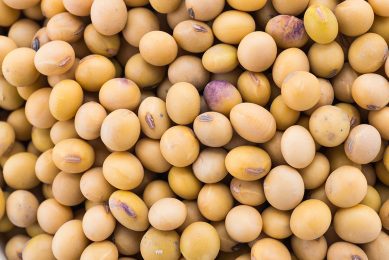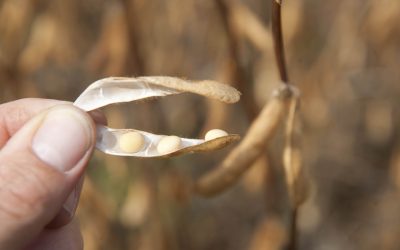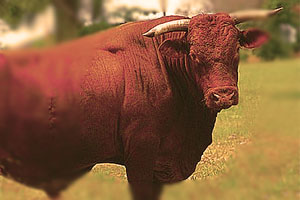Too much soy can damage cells
A diet with high concentrations of soy can have negative consequences for humans as well as animals, according to German researchers.
Certain hormonally active ingredients called isoflavones
might give problems, said the Research
Institute for the Biology of Farm Animals (FBN)
in Dummerstorf
near Rostock.
Trials with pigs muscle cells with a FBN developed
procedure revealed that high doses of isoflavones can damage the cells, said FBN
project leader Charlotte Rehfeldt.
However, low concentrations of
isoflavones had positive growth effects. Because of similar metabolism systems
similar effects can be expected in humans.
Other studies have shown that
the isoflavones genistein and daidzein have positive hormonal effects, but also
can damage intestinal cells. Rehfeldts said that to reduce the harmful
properties of soy in specific therapies is to remove genistein and daidzein from
the soy products.
According to the German Society for Nutrition infant
food on soybean basis should only be given on medically justified indications,
she said.











